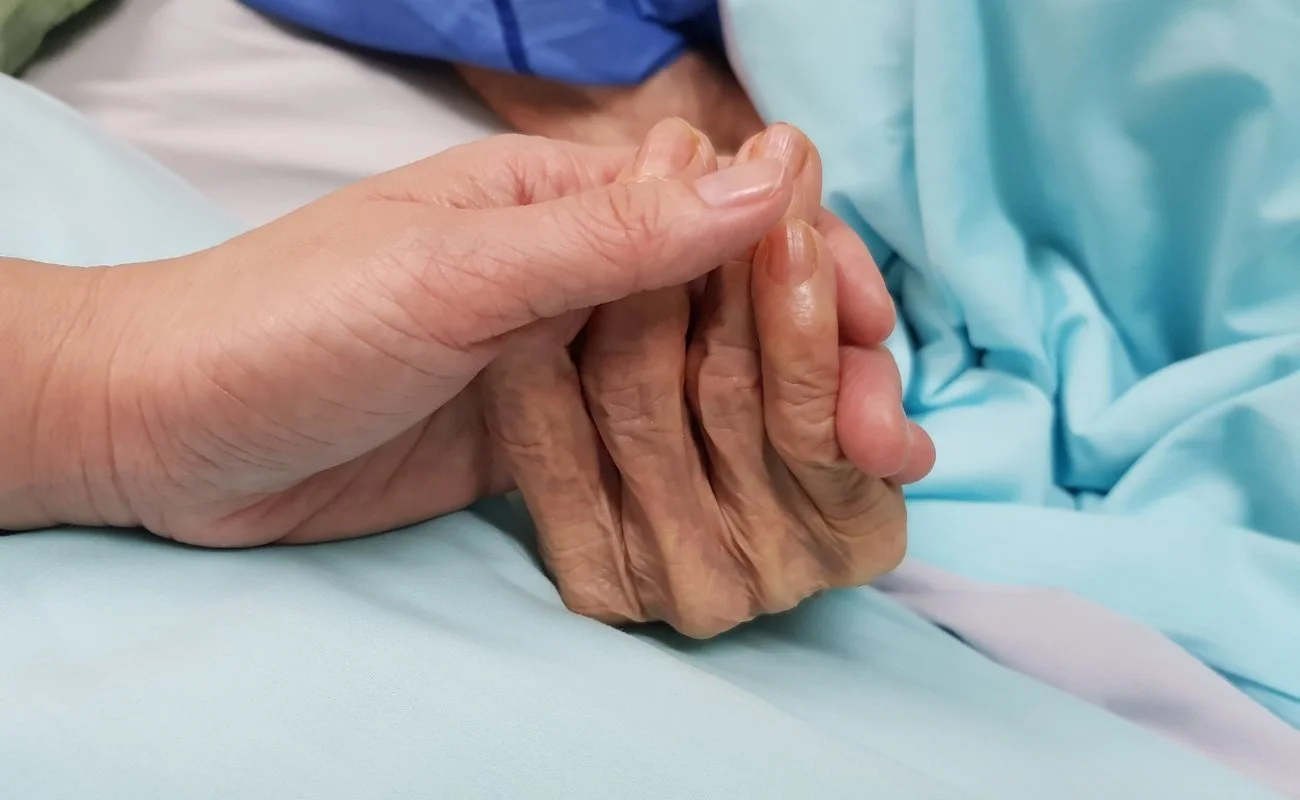The Role of Traditional Chinese Medicine in Palliative and Hospice Care
When individuals face serious illnesses, the focus often shifts to enhancing their quality of life while managing symptoms and discomfort. Palliative care is a specialized medical approach designed to provide relief from the suffering associated with severe illnesses, such as cancer, heart disease, or chronic obstructive pulmonary disease (COPD).
Hospice care, on the other hand, is primarily intended for patients with a limited life expectancy and centers on providing comfort and support in the final stages of life. Integrating traditional Chinese medicine (TCM) into both palliative and hospice care can significantly enhance the well-being of patients and provide vital emotional support to families and caregivers. In this article, we explore the role of TCM in these forms of care, backed by scientific insights and studies.
Understanding the Importance of Palliative and Hospice Care
Palliative care can be initiated at any stage of illness and can be integrated with curative treatments. Its primary goal is to relieve symptoms, improve the patient's overall well-being, and support them in making informed decisions about their care. Hospice care, on the other hand, is focused on ensuring comfort and dignity during the end-of-life phase, often forgoing aggressive treatments that may prolong life but not necessarily enhance its quality.
TCM in Palliative and Hospice Care: Scientific Insights
Traditional Chinese Medicine, with its holistic approach to healthcare, has garnered attention in palliative and hospice care for its potential to complement conventional medical treatments. Let's delve into how TCM modalities, such as acupuncture and herbal medicine, can enhance the well-being of patients in both settings, supported by scientific evidence.
Pain Management with Acupuncture
Pain is a common and distressing symptom experienced by many palliative and hospice care patients. Acupuncture, a central component of TCM, involves the insertion of fine needles into specific points on the body. Scientific studies have demonstrated its effectiveness in pain management:
Endorphin Release: Acupuncture triggers the release of endorphins, the body's natural painkillers. Research has shown that acupuncture can stimulate the release of beta-endorphins, which can provide profound pain relief.
Reduced Reliance on Pain Medications: By offering effective pain relief, acupuncture can reduce the reliance on strong pain medications. This is especially important for patients in hospice care, where comfort and minimizing side effects are paramount.
Stress and Anxiety Reduction with Acupuncture
The emotional burden of severe illness and the end-of-life phase can be overwhelming for patients and their families. Acupuncture can offer significant emotional support, and scientific studies support its effectiveness in reducing stress and anxiety:
Regulating Stress Response: Acupuncture modulates the body's stress response. Studies indicate that acupuncture stimulates the production of neurotransmitters like serotonin and gamma-aminobutyric acid (GABA), which are associated with mood regulation and relaxation.
Improved Mood: Acupuncture can stimulate the release of oxytocin and serotonin, which can improve mood and emotional well-being. This can be particularly beneficial for patients in hospice care who may be dealing with complex emotional challenges.
Enhanced Immune System, Digestion, and Comfort
TCM's holistic approach also extends to improving the immune system, digestion, and overall comfort, which are essential components of both palliative and hospice care.
Boosting the Immune System: TCM herbal remedies and acupuncture have been shown to strengthen the immune system. By enhancing the body's immune response, TCM can help patients better cope with infections and illnesses.
Digestive Support: Digestive issues are common in both palliative and hospice care patients. TCM herbal remedies and acupuncture can help alleviate symptoms such as nausea, vomiting, and constipation, improving overall comfort and quality of life.
Better Sleep Patterns with TCM
Sleep disturbances are common in both palliative and hospice care patients. TCM interventions, including acupuncture and herbal remedies, can promote better sleep patterns, as supported by scientific research:
Enhanced Production of Melatonin: Acupuncture enhances the production of melatonin, a hormone that regulates sleep. This can lead to more restful sleep for patients in both settings, contributing to their overall well-being.
Emotional Support for Families and Caregivers
The emotional toll of caregiving and witnessing a loved one's suffering in palliative and hospice care is significant. TCM can provide emotional support to families and caregivers as well:
Stress Reduction: Acupuncture sessions for families and caregivers can help reduce stress and promote emotional well-being, enabling them to provide better care and support.
Education and Coping Strategies: TCM practitioners can educate families and caregivers on techniques such as meditation and breathing exercises to help manage stress and maintain emotional balance.
Integrating TCM for Enhanced Palliative and Hospice Care
The integration of traditional Chinese medicine into palliative and hospice care represents a valuable approach to enhancing the well-being of patients, families, and caregivers facing severe illnesses and the end-of-life phase. Scientific studies support the effectiveness of TCM modalities, such as acupuncture, in pain management, stress reduction, improved immune function, digestion support, and promoting better sleep patterns. By embracing the holistic principles of TCM, both palliative and hospice care can offer a more comprehensive and patient-centred approach to symptom management, emotional support, and enhancing overall comfort and well-being.
Eastern Acupuncture And Wellness Plantation:
Eastern Acupuncture And Wellness Wilton Manors:
To learn more about the integration of traditional Chinese medicine into palliative and hospice care and explore how it can benefit you or your loved ones, please visit our Traditional Chinese Medicine page or book a complimentary consultation today!. Our experts are here to provide guidance and support during challenging times, enhancing the well-being of patients in palliative and hospice care, as well as their dedicated families and caregivers.






